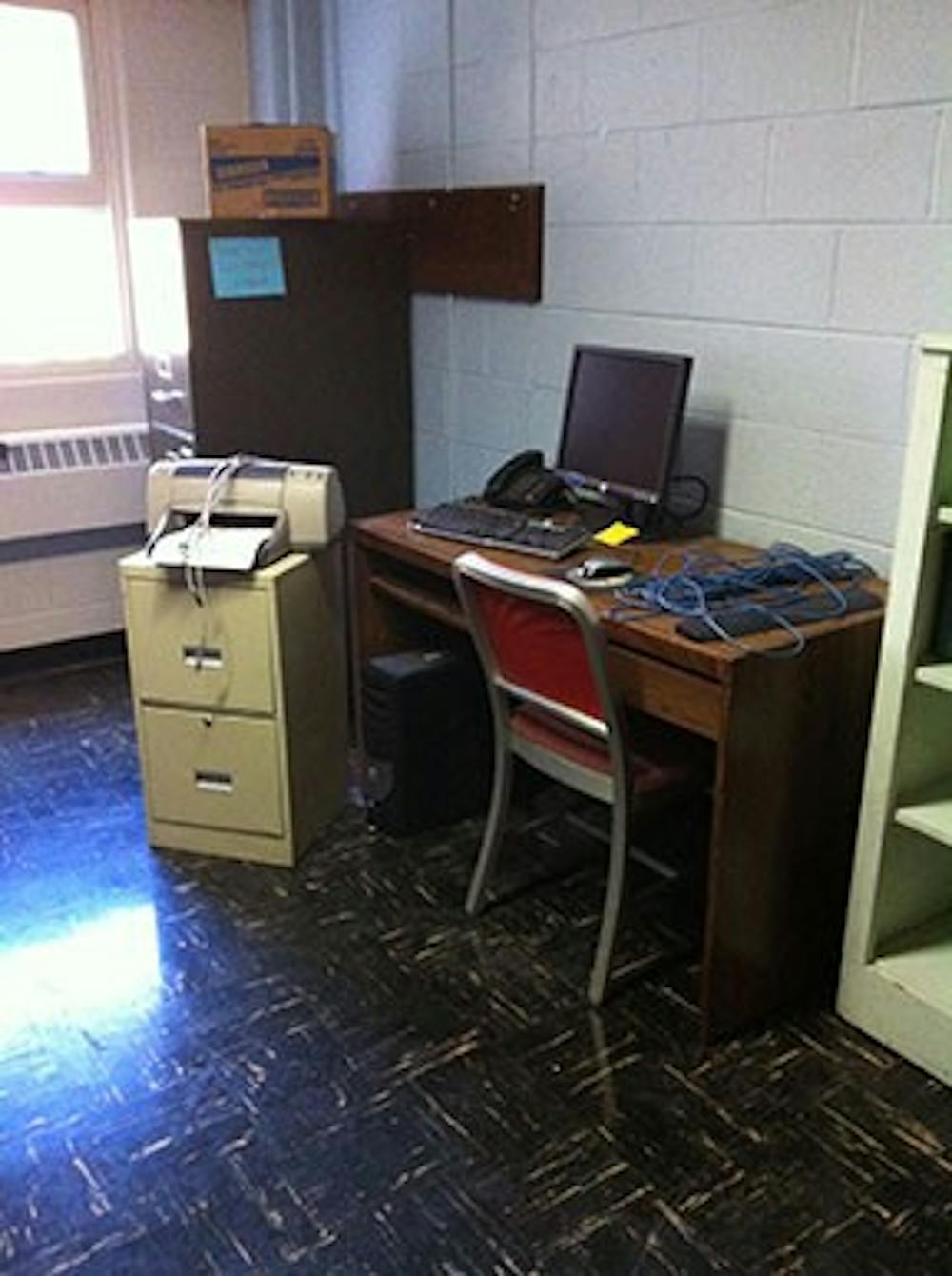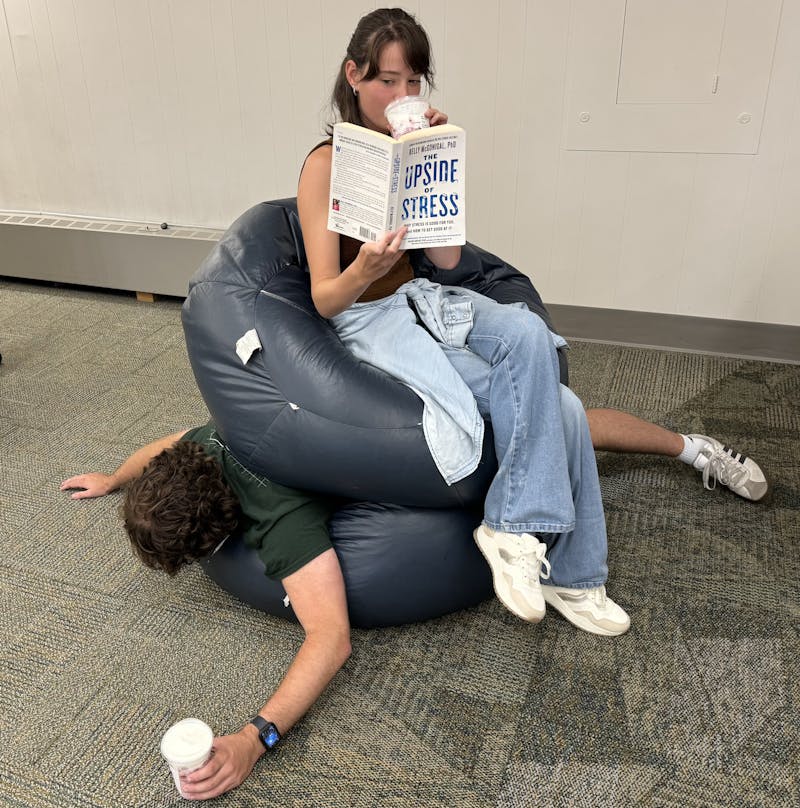Having a good idea and professional skill set is great, but if you are unable to communicate your ideas, those skills are worthless.
Communication skills are necessary in almost every career, and a great way to hone them is by enrolling in the technical/professional communications minor at SU.
Technical/professional communications is an 18-credit, interdisciplinary minor that prepares students for the workforce by teaching them professional communication skills.
“What we try to focus on is the awareness of the different situations where writing is used — and depending on that situation — the audience, the purpose. How is your writing task going to need to adjust to fill the need of that situation and purpose and audience?” said Carla Kungl, associate professor of English and director of the minor.
“We also try to look at the ways that computers or technology and design influence communication,” Kungl said.
Students enrolled in the minor take two required courses, Technical/Professional Writing I and one of three computer skills courses and then choose 12 additional credits from a list of 17 courses.
Technical writing is an in-demand profession, according to Victoria Kerr Buchbauer, director of the SU Career Development Center.
“If you think, what’s our market centered around? Everything technological. Now you’ve probably noticed in the bookstore, you have the ability to rent your books virtually,” Buchbauer said. “So if you think from that perspective, technical writers are constantly being involved in all the processes because that’s where our global economy is moving toward.”
Drawing on her experience as an employer, Buchbauer said professional communication skills are necessary for students entering the workforce.
“For me it was very frustrating as an employer to have all these students come into my workplace with all these various backgrounds and not be able to communicate,” Buchbauer said, “So something like a class or a minor that completely encompasses all the needs of how to communicate effectively, both written and verbally, sells your strengths.”
Communication skills are an example of transferable skills, or skills that can be applied to any career.
According to an article by Tufts University, identifying transferable skills helps job seekers to market themselves in broader areas, making them better able to compete for job positions. In addition to communication skills, research, problem-solving and creativity are on the list of potential resume builders.
In 2012 the National Association of Colleges and Employers published Job Outlook, an annual report that includes employers’ rating of professional skills in desired employees. The employers ranked transferable skills on a scale of 1–5.
With a score of 4.63, the ability to verbally communicate with persons inside and outside the organization ranked No. 1.
Also included in the Top 10 were the ability to obtain and process information and create and edit written reports, two skills students learn through coursework in the minor.




The Slate welcomes thoughtful discussion on all of our stories, but please keep comments civil and on-topic. Read our full guidelines here.